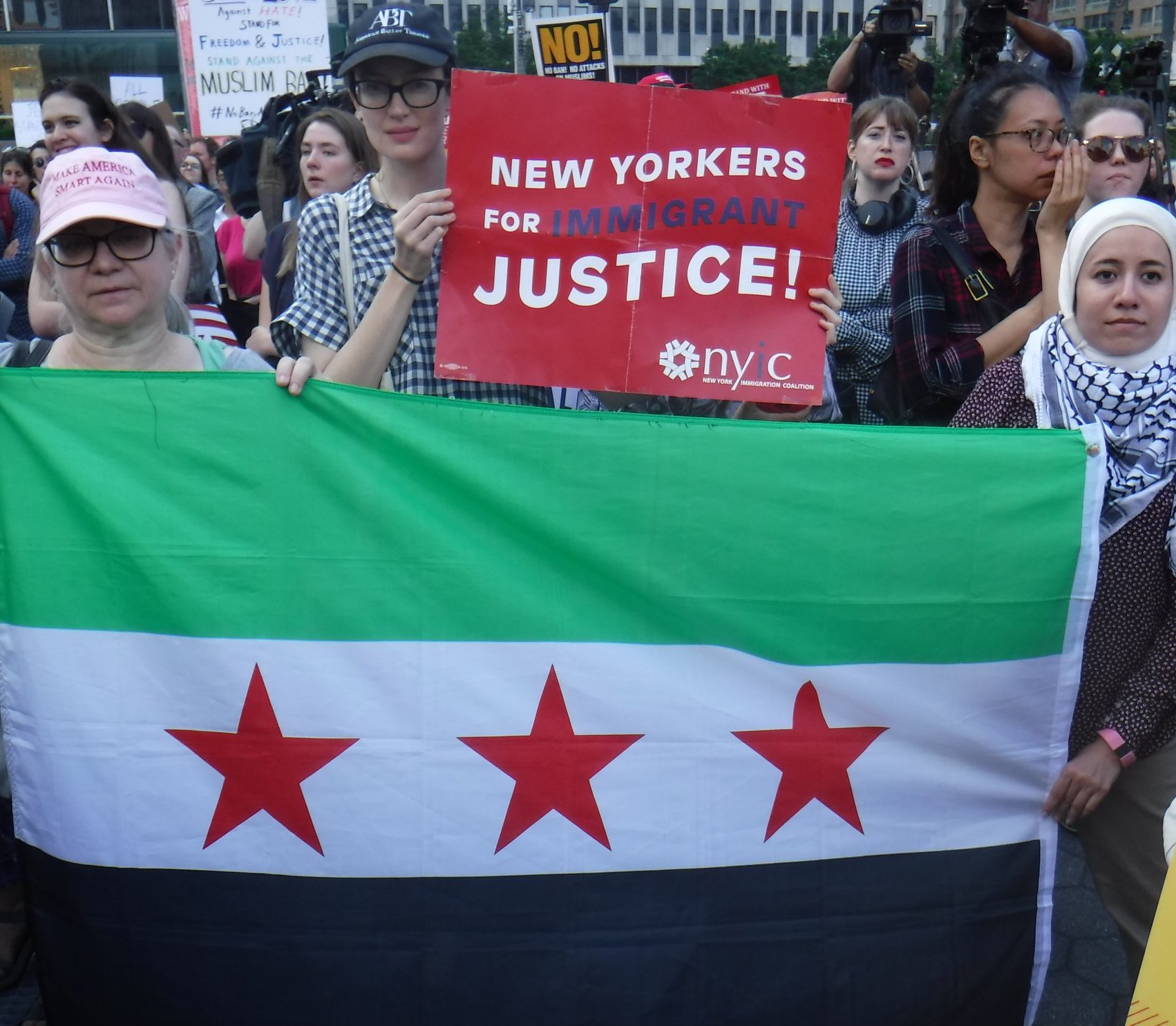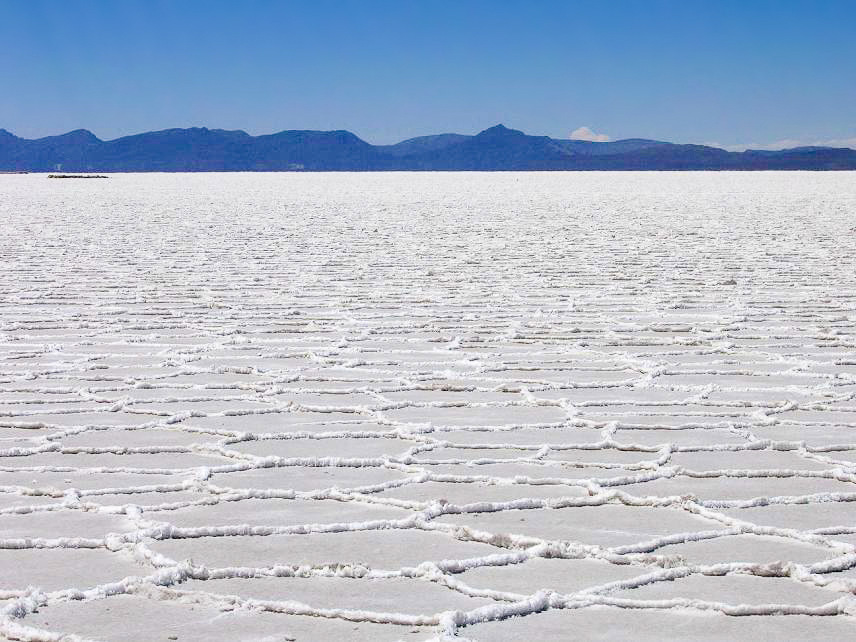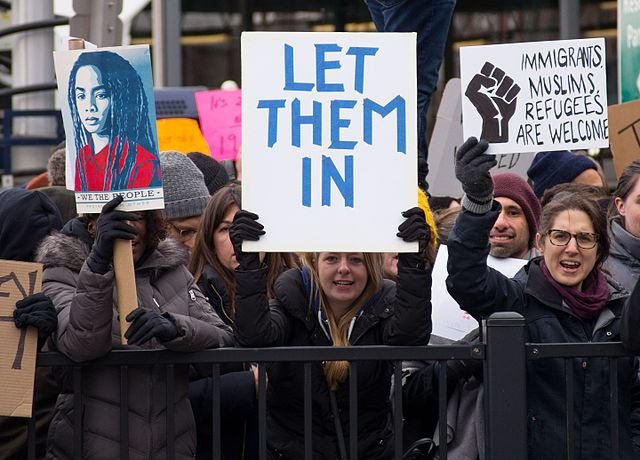
Court hears arguments on Trump’s travel ban
The US Court of Appeals for the Fourth Circuit began hearing oral arguments in International Refugee Assistance Project v. Donald Trump, a case challenging the administration’s travel bans. The plaintiffs argue that, despite the Supreme Court ruling in Trump v. Hawaii, their case is not barred. They contend that the high court simply addressed the preliminary injunction, and not the merits of the overall travel ban, while the administration argues that Trump v. Hawaii settled the constitutionality of the proclamation. (Photo: Syria Solidarity NYC)




